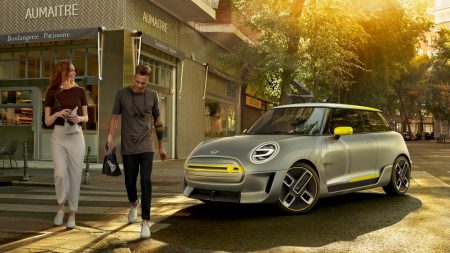Despite the expected shift towards electric and zero emission vehicles, there’s still a lot of controversy surrounding them. Are they really any cheaper to run? What’s their true environmental impact? In this article, Simone Bruckner, managing director of resistor manufacturer Cressall, breaks down the biggest myths surrounding electric vehicles (EVs).

With more than a quarter of a million new electric car registrations last year, uptake of EVs is definitely on the increase. More than one in five of us expect to be driving an EV within the next five-to-ten years. But there are still a lot of misconceptions surrounding EVs that keep potential buyers on the fence.
EV’s have insufficient range
Many potential buyers are concerned about EV range. Their concern is well-founded in part, with the Nissan Leaf’s lowest range sitting at just 73 miles back when it was launched in 2011.
Thankfully, EV technology has improved in leaps and bounds since then, and most EVs now sit comfortably within the 200-to-300-mile range mark. And these figures aren’t restricted to high-end models either, with models like Hyundai’s Kona and Kia’s e-Niro entering the market at around £35,000 and offering modest real-world ranges of around 250 miles according to Autocar.
99 per cent of car journeys in England are less than 100 miles, and the average length of a trip was less than ten miles pre-pandemic. Based on these numbers, EVs have a perfectly sufficient range for the vast majority of travel.
Read more: Altenergymag
It’s Time to Go Green!
If you would like to know more about Solar Panels and the PowerBanx range of home battery systems, and get a free instant quote, please complete our online form:

